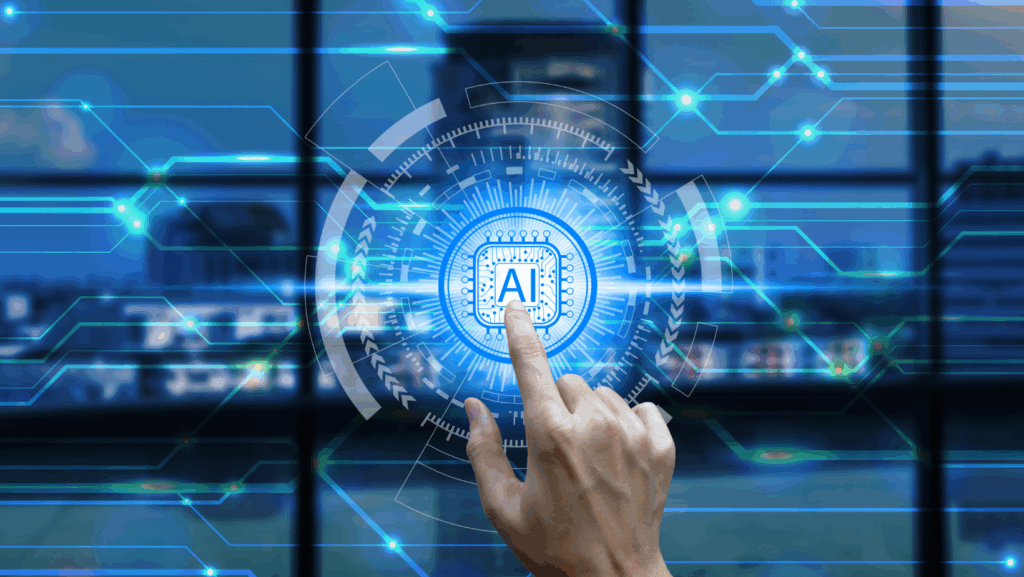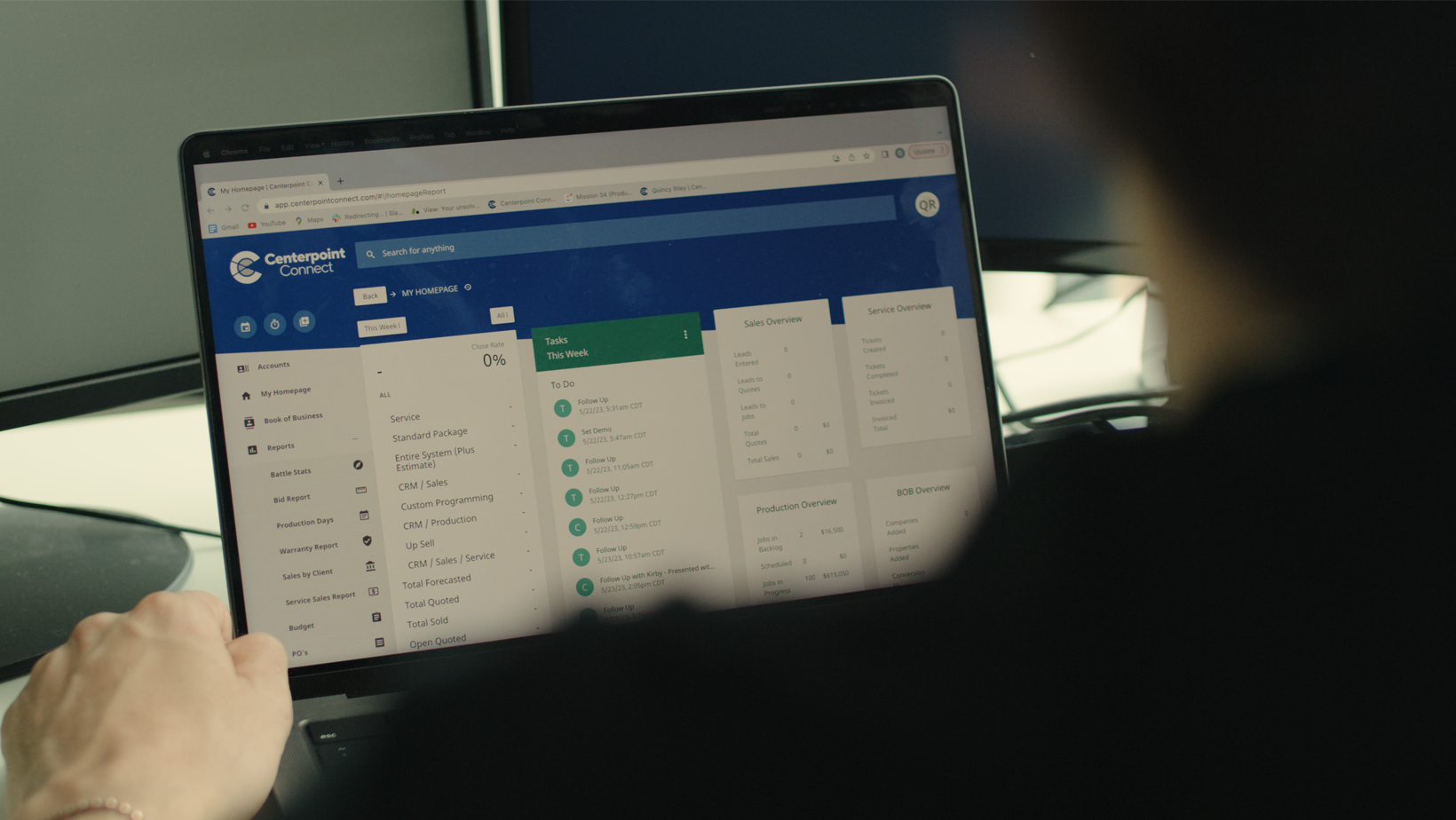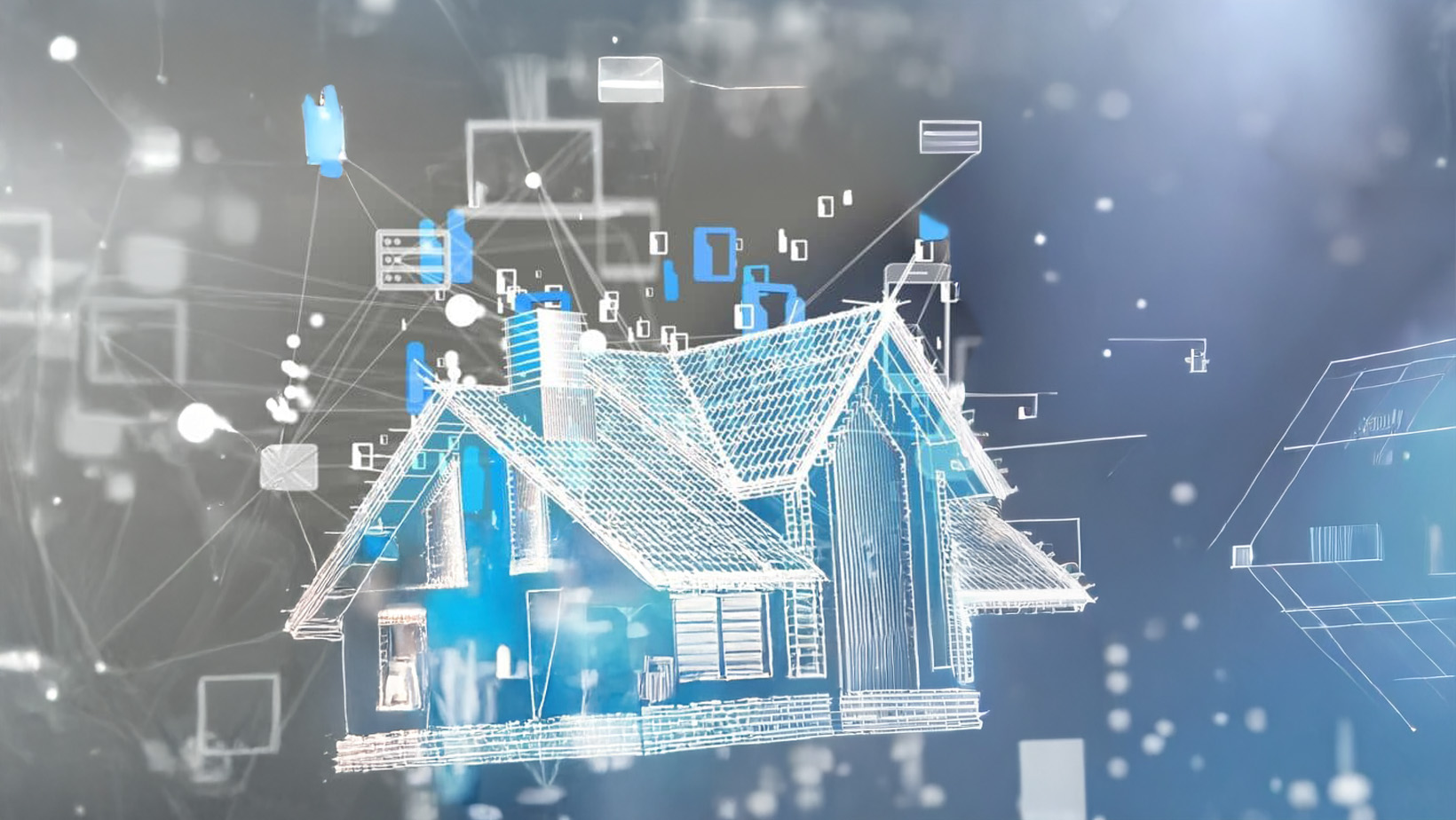The roofing industry, like many other sectors, has traditionally been slow to adopt emerging technologies. However, artificial intelligence (AI) is beginning to carve out a space in roofing by improving how contractors manage their businesses. Although AI adoption in roofing is still in its early stages, the potential benefits for contractors are becoming clearer as the technology evolves.
A Brief History of AI in Roofing
Artificial intelligence isn’t new, but its use in roofing is recent. Traditionally, industries like roofing, agriculture, and construction have been slow to adopt new technology, relying on manual processes like paper timesheets and handwritten tickets. Roofing ranked just above agriculture in tech adoption.
Initially seen as futuristic, AI has now moved from theory to practical use, especially in admin tasks and customer service. What started with simple automations like digital time tracking is evolving into more advanced applications that help contractors make data-driven decisions and boost efficiency.
AI in Customer Service and Communication
One of the areas where AI is making a significant impact is customer service. Traditionally, contractors have had to rely on manual methods of communication—emails, phone calls, and in-person meetings. AI is changing this by offering automated solutions that handle routine inquiries and provide instant responses.
 For instance, roofing companies can now use AI-driven chatbots on their websites to assist customers with common questions, such as service availability, pricing estimates, or scheduling appointments. These chatbots can operate 24/7, allowing contractors to engage with potential clients even after business hours. This instant support helps roofing contractors improve client satisfaction by reducing response times and streamlining communication.
For instance, roofing companies can now use AI-driven chatbots on their websites to assist customers with common questions, such as service availability, pricing estimates, or scheduling appointments. These chatbots can operate 24/7, allowing contractors to engage with potential clients even after business hours. This instant support helps roofing contractors improve client satisfaction by reducing response times and streamlining communication.
Another useful AI function is automatic follow-up reminders. Contractors can set AI-powered tools to remind them to check in with clients after submitting a quote or completing a job. This removes the burden of manually tracking each customer interaction, ensuring that no opportunity slips through the cracks.
Streamlining Operations with AI
In addition to customer service, AI is helping roofing contractors streamline internal operations. Administrative tasks like payroll, timekeeping, and scheduling, which once took hours to manage, can now be automated. AI systems can track employee hours, process payroll based on that data, and even generate reports, freeing up valuable time for contractors to focus on their core services.
 AI also helps with resource management, optimizing the allocation of crews and materials to various job sites. For instance, AI systems can assign workers to different projects based on availability and proximity, ensuring that jobs are completed efficiently. By eliminating manual scheduling and tracking, contractors can save time and reduce human error.
AI also helps with resource management, optimizing the allocation of crews and materials to various job sites. For instance, AI systems can assign workers to different projects based on availability and proximity, ensuring that jobs are completed efficiently. By eliminating manual scheduling and tracking, contractors can save time and reduce human error.
Overcoming Challenges in AI Adoption
While the benefits of AI are clear, there are still challenges when it comes to widespread adoption in the roofing industry. One of the biggest barriers is that many roofing businesses are family-owned, multi-generational operations that are comfortable with traditional processes. This can make it difficult for these businesses to embrace new technology, particularly if they have relied on the same methods for decades.
However, as younger generations begin to take over or influence operations, the tide is starting to turn. The willingness to integrate AI is becoming more prevalent, especially as contractors see the efficiency gains and cost savings that AI offers. The challenge is to demonstrate how AI can improve specific pain points in their businesses, like managing time cards, project scheduling, and customer follow-up.
 While AI adoption in the roofing industry is still in its infancy, it is clear that the technology holds immense potential to streamline operations, improve customer service, and enhance overall efficiency. As more roofing contractors begin to explore the benefits of AI, the industry will likely see a gradual shift toward more tech-driven operations. Those who adopt AI early on will not only save time and reduce costs but will also provide a more seamless experience for their clients.
While AI adoption in the roofing industry is still in its infancy, it is clear that the technology holds immense potential to streamline operations, improve customer service, and enhance overall efficiency. As more roofing contractors begin to explore the benefits of AI, the industry will likely see a gradual shift toward more tech-driven operations. Those who adopt AI early on will not only save time and reduce costs but will also provide a more seamless experience for their clients.




